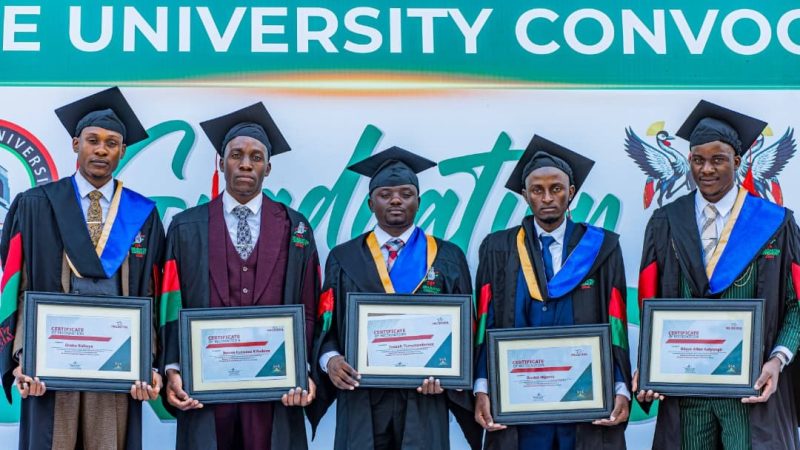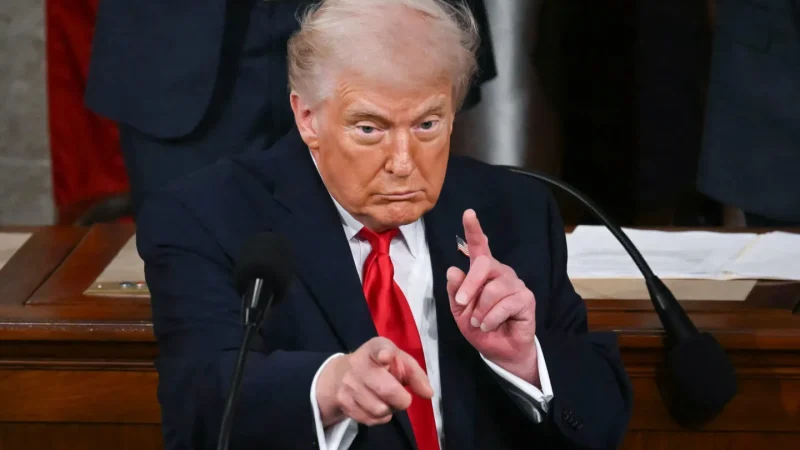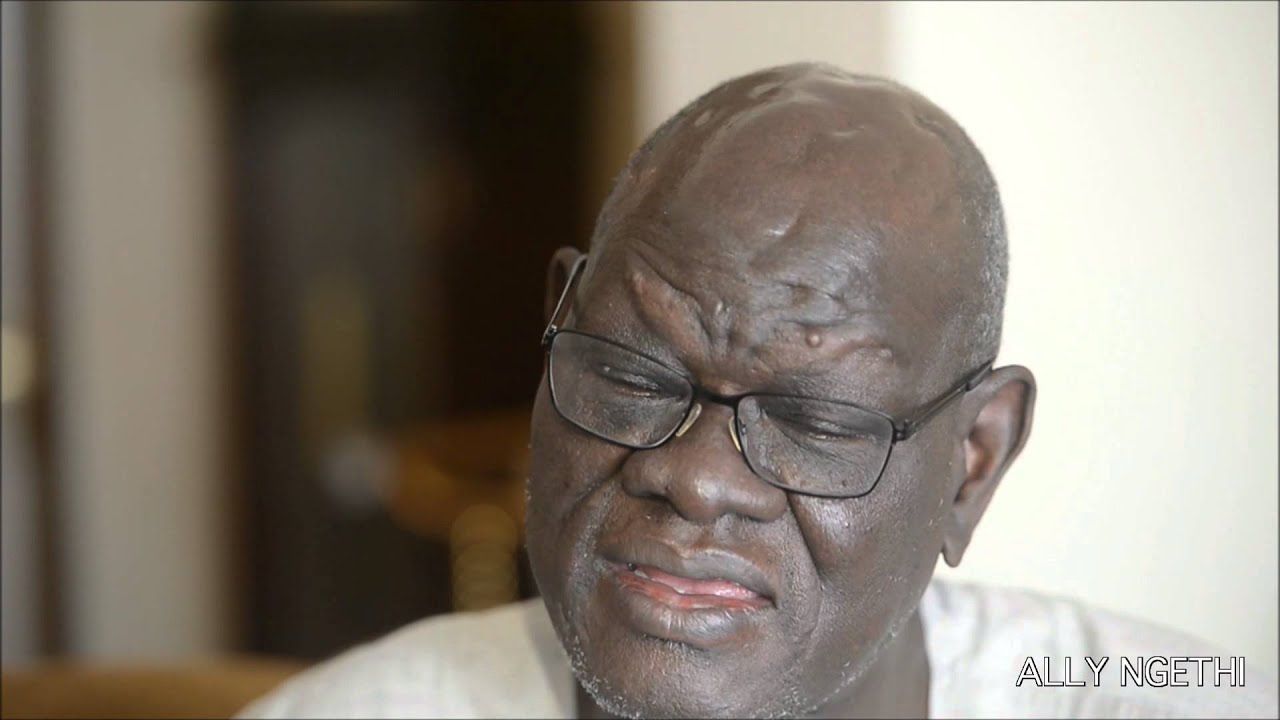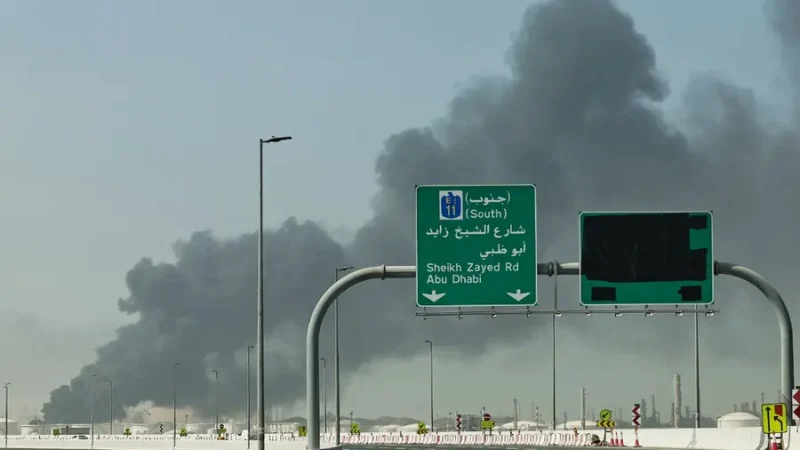A veteran South Sudanese politician has accused First Vice President, Riek Machar of lacking interest in the implementation of the revitalised peace agreement after last year’s formation of the Transitional Government of National Unity (TGoNU).
Peter Adwok Nyaba, a former Higher Education minister, wondered who would still be interested in the full implementation of the peace agreement after Machar joined the coalition government.
“Who could have been more interested in the R-ARCSS [Revitalised Agreement on Resolution of the Conflict in South Sudan] implementation than Riek Machar?” asked Nyaba.
“But Riek has settled down comfortably into his diluted vice president’s position as to even order attacks on his recalcitrant commanders in Kit-Gwang. SSCSF [South Sudan Civil Society Forum] should now find better means of helping the people of South Sudan than hovering in the corridors of power. It is a tall order,” he added.
Nyaba, who formerly belong to the armed opposition movement led by Machar, argued that civil society actors, women and faith-based groups have been ignored in the peace implementation.
“This development came as a surprise, but I think it better they did so now than never. It was wrong, from the beginning for the political parties, civil society groups, women group and the faith-based groups, not directly involved in the war, to have unwittingly allowed the IGAD mediators to include them in a game too complicated than the peace process,” Nyaba wrote on his Facebook page.
He added, “The collapse of A-RCSS should have been enough to warn these social and political forces that it was about nothing but power, and being in a particular portfolio”.
The First Vice President’s office has not officially reacted to the ex-minister’s statement.
The former minister was reacting to the resignation by a leading civil society activist representing coalition organisations in the reconstituted joint monitoring mechanism, a body tasked to track and monitoring the implementation of the peace agreement.
In a letter extended to Sudan Tribune on Monday, Rajab Mahandis said he quit because resolutions of the peace monitoring body were not being honoured.
“I tendered this resignation with full respect for the content of the revitalized agreement on resolution of the conflict in the republic of South Sudan. That if the peace agreement implemented in letter and spirit and in consistently sequential and timely manner, as outlined in the implementation matrix, it would have restored lasting peace in our country, reformed institutions, set the country on the path to recovery and development, guarantee safety of the people and would have allowed those displaced and in refuge to return home”, the explained.
The September 2018 revitalized peace agreement signed by the parties involved in the conflict and other stakeholders, gives the coalition government the mandate to organize elections 60 days before the end of the transitional period.









